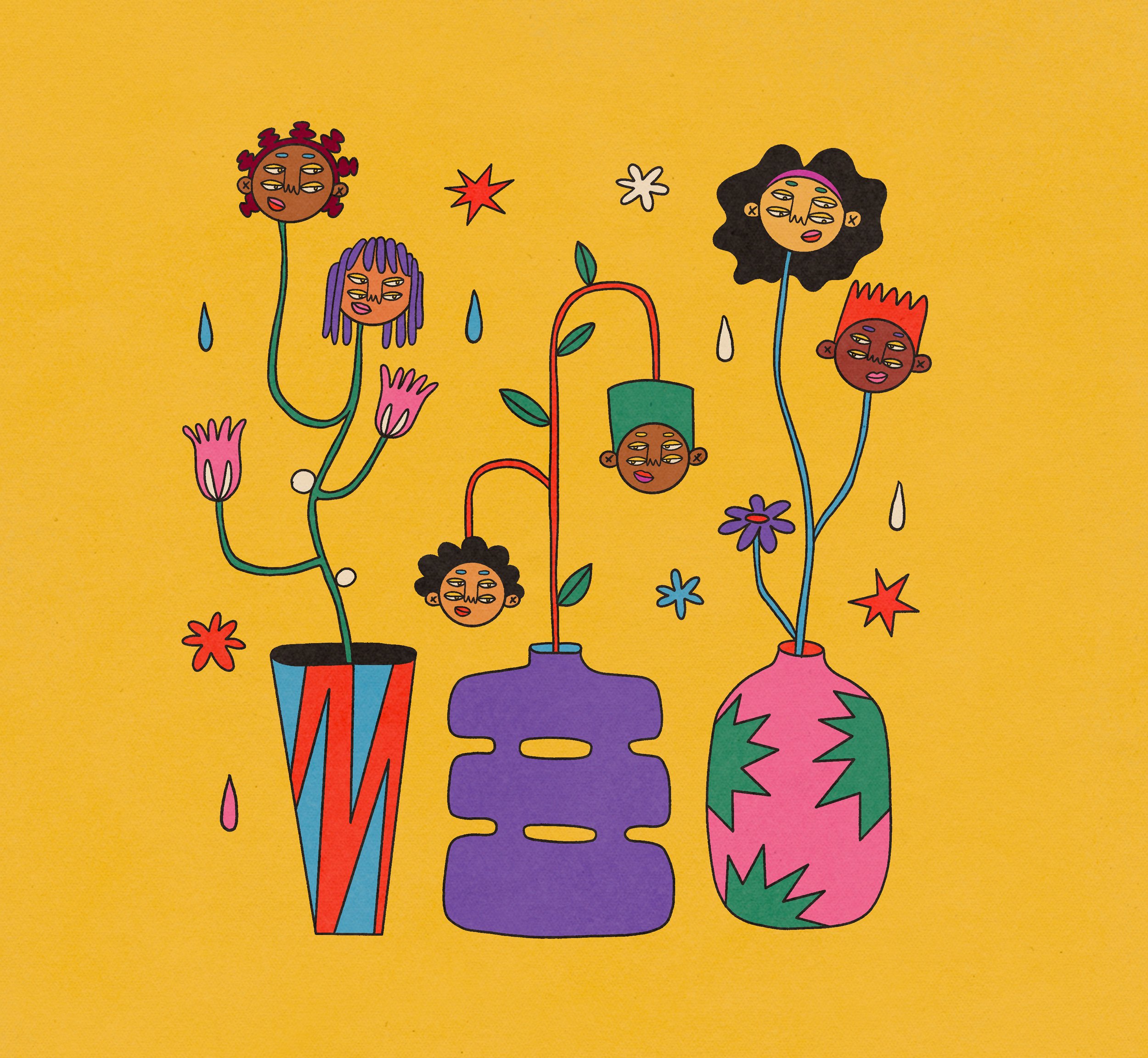
what are we saying now?
We are all doing our best.
Why did you get into the climate movement? Most of us came to this work through a combination of motivations—often both fear for the future and love of our planet.
This research was born out of love for the climate movement, and hope that we can do better.
These findings come from analysis of the last three years of social media posts, websites, and reports from the largest climate change organizations, climate influencers, and media coverage.
We don’t talk about solutions.
While most people believe in human-made climate change, most people don’t know what to do about it. We need to show what’s already happening, talk about big ways we’ve come together to solve large problems in the past, and give clear, simple ideas for solutions that are both digestable and will create impactful change.
Our urgency exhausts people.
The world is really hard right now. People are struggling to make ends meet and get through the day. We have to hold two truths—this issue is urgent and we must act, and also, running around with our hair on fire is going to push away more people from our movement than it brings in.
We think that fear will motivate people.
While many of us came into the climate movement because we are afraid about the future, most humans don’t choose action when they are afraid, they freeze. If the goal of our movements is to catalyze action, we have to get people to fight, not freeze.
We don’t assign a villain.
We often say “climate change is causing x”. Climate change isn’t a tangible actor to fight. This empty blame is repeated by the media over and over. We need to be saying “[villain] is causing x.” Fossil fuel CEOs. Governments that refuse to regulate emissions.
We are fighting the wrong battle.
Much of the bandwidth of organizations and climate influencers is used trying to convince people that climate change is real. But most people, especially in the US and Europe, already believe that climate change is real and that it’s a human made problem.
We don’t make the impacts of climate change real for people.
By focusing on communities far away from our audiences, we reenforce the idea that climate change is something that’s happening far away, to people not like us. We need to be talking about what’s happening in people’s backyards—and to the people and places that they love.
Our Most Common Mistakes
on numbers and data:
i love you, but you’re a nerd.
harsh truth: most people are not emotionally attached to the numbers, dollar values, and data that we present to them.
if our goal is to get people to act, and to do that we need them to fight, we have to go beyond data and present narratives that have emotional weight.
dive in: read more on the power of system 1 and system 2 thinking in Daniel Kahneman’s Thinking Fast and Slow

